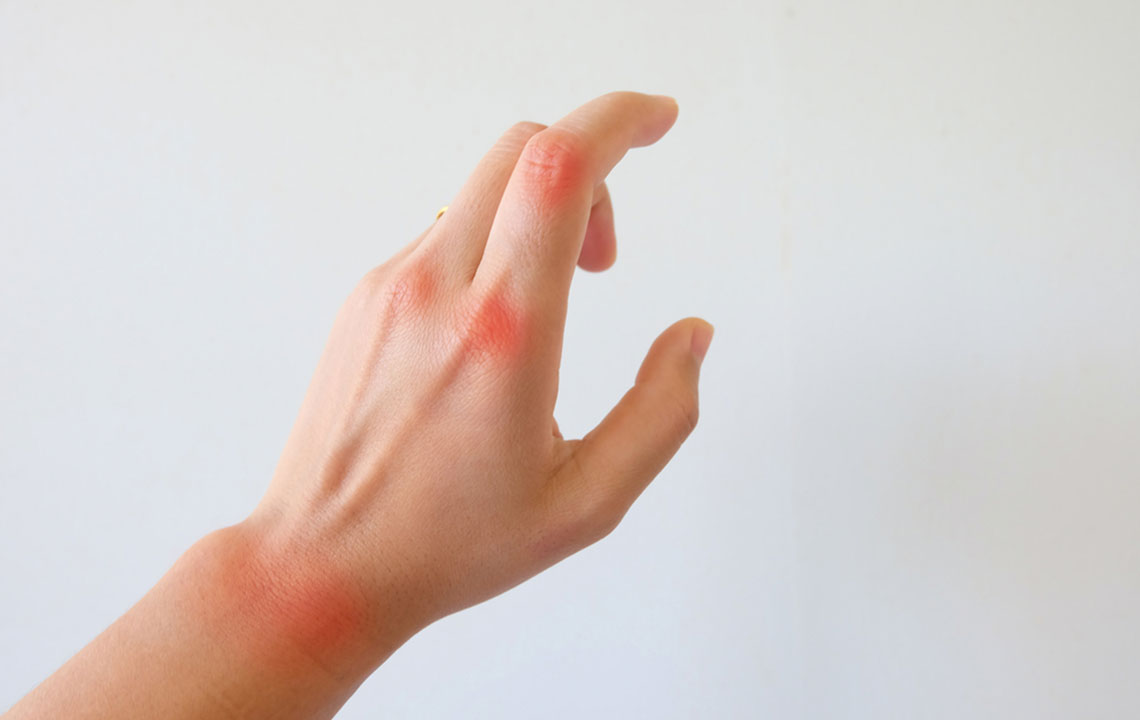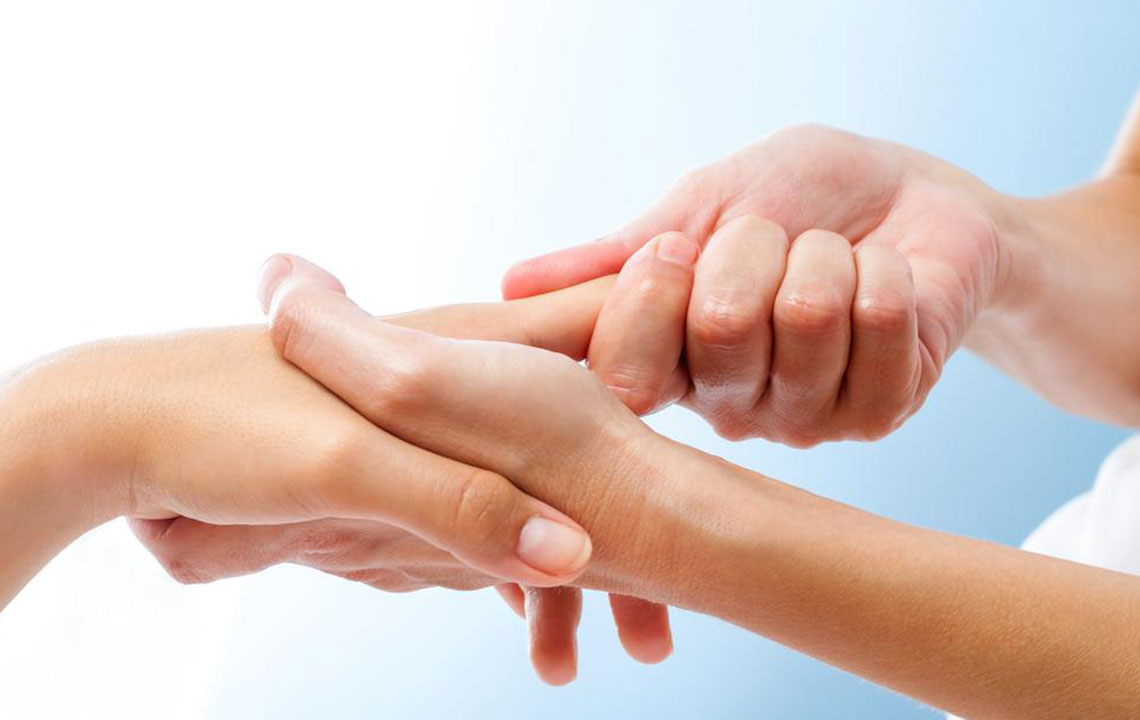Proven Approaches to Relieve Rheumatoid Arthritis Symptoms
Discover effective strategies to manage rheumatoid arthritis symptoms, including early diagnosis, medical treatments, lifestyle changes, and supportive therapies. Learn how to improve quality of life and minimize joint damage through comprehensive care approaches.

Proven Approaches to Relieve Rheumatoid Arthritis Symptoms
Rheumatoid arthritis (RA) is an autoimmune disorder in which the body's immune system attacks joint tissues, leading to inflammation. This results in thickened joint linings, swelling, and pain. If left untreated, RA can damage bones, cause cartilage deterioration, and lead to joint instability, affecting mobility. As a systemic illness, it can also impact heart and lung health. Over 1.5 million people worldwide are affected, with women experiencing higher prevalence than men.

Early diagnosis of RA can be challenging because initial symptoms like swelling, redness, and warmth mimic other conditions. Diagnosis involves:
Blood tests to detect inflammation markers such as ESR, CRP, rheumatoid factor, and anti-CCP antibodies.
Imaging scans such as X-rays to evaluate joint damage, and MRI or ultrasound to determine disease severity.
While a permanent cure for RA remains unavailable, early intervention with appropriate treatments can reduce pain, prevent joint destruction, and enhance quality of life. Treatment options include:
Medications:
NSAIDs to alleviate pain and inflammation but may cause gastrointestinal or cardiovascular side effects.
Steroids to manage flare-ups, which may lead to weight gain or bone thinning.
DMARDs to slow disease progression, with possible impacts on liver, lungs, or bone marrow.
Biological therapies targeting immune pathways, which carry an increased infection risk.
Physical therapy and joint-strengthening exercises supervised by healthcare professionals.
Assistive devices to lessen joint stress during daily tasks.
Chiropractic care, used cautiously, may help realign joints but involves risks due to spinal manipulation.
Surgical interventions like synovectomy, tendon repair, joint fusion, or replacement when medication fails.
Lifestyle modifications such as regular gentle activity, heat/cold treatments, stress reduction techniques, and relaxing exercises like Tai Chi.
Complementary options including fish or plant-based oils, under medical supervision, which may reduce stiffness and discomfort.
Important:
This article offers health insights but is not a substitute for professional medical advice. Consult healthcare providers for personalized treatment plans. We disclaim responsibility for any inaccuracies and note that some offers or schemes may not be applicable.


